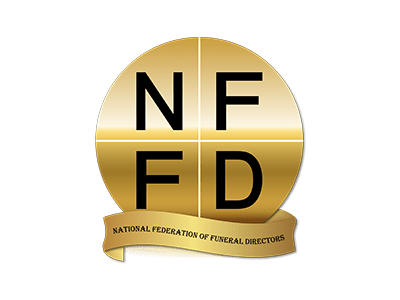Practical Advice
Here at Morley Penrose Funeral Director, we have collated some practical advice to help you when a loved one passes away. When someone dies, it is important that you acquire the help of a professional who is qualified to assist and advise you. Our funeral directors are highly qualified and experienced. Therefore, we will be able to provide you with all the information and support that you need relating to registering a death, who to inform and funeral planning.
What To Do When Someone Dies
It is important that you know what to do when someone dies. Here at Morley Penrose Funeral Director, we can inform you of every step you will need to take in this event. From the authorities and individuals you will need to tell, to details on registering the death, we have an in-depth understanding of the procedures involved. See below to become properly informed for when the time comes.
Registering a Death
When it comes to registering a death, you will need to make sure you have the following documentation at hand.
- The medical certificate detailing the cause of death, issued by your GP, coroner’s office or the hospital
You will also need the following information to hand:
- Full address (the address where the deceased usually resided)
- Date of birth (see birth certificate if available)
- Location of birth (see birth certificate if available)
- Their last occupation (if applicable)
- The occupation of the deceased’s spouse (if relevant)
- The name and date of birth of any surviving spouse (if relevant)
Upon registration of the death, a certificate will be produced and printed by the registrar to permit burial or cremation. This must be sent to the funeral director so that they can begin with the service preparations and funeral arrangements.
Who To Inform
In addition to close family, registrars and doctors, it is important that you know who to inform in the event of someone’s death. There are various authorities and individuals that will need to be informed when an individual passes away, such as:
- Friends of the deceased
- The employer of the person that has passed away (if applicable)
- Inland revenue
- Royal Mail to arrange a mail redirect
- The deceased’s solicitor, so that the Will can be released
- The deceased’s bank and building societies
- Insurance companies that the deceased held policies with
- Services including care and meal delivery services
- Water, electricity, gas and other facilities companies
The list above does not encompass all individuals and institutions that must be contacted when a death occurs. Though it does cover the important and obvious parties that should be informed. Any additional organisations and people that need to be told of an individual’s passing will vary on a case-by-case basis.
Bereavement Support
We know that losing someone held dear can be a traumatising and painful experience. It is only natural to grieve for a period of time after this instance. Whether their passing was anticipated or occurred unexpectedly, the emotions evoked can be overwhelming. Although we know we cannot fully understand what you are going through, we are here to offer all the bereavement support you need. Prior to, and in the commencing days following the funeral, our funeral directors can lend an ear whenever you need them.
Call Morley Penrose Funeral Director
Call Morley Penrose Funeral Director today if you need any further practical advice.

